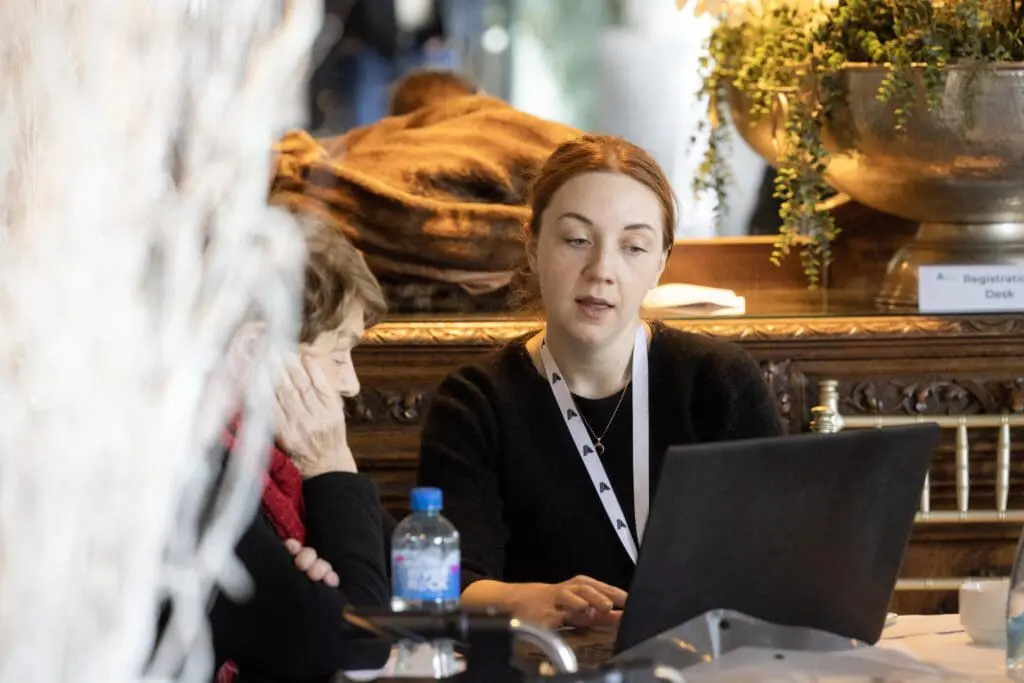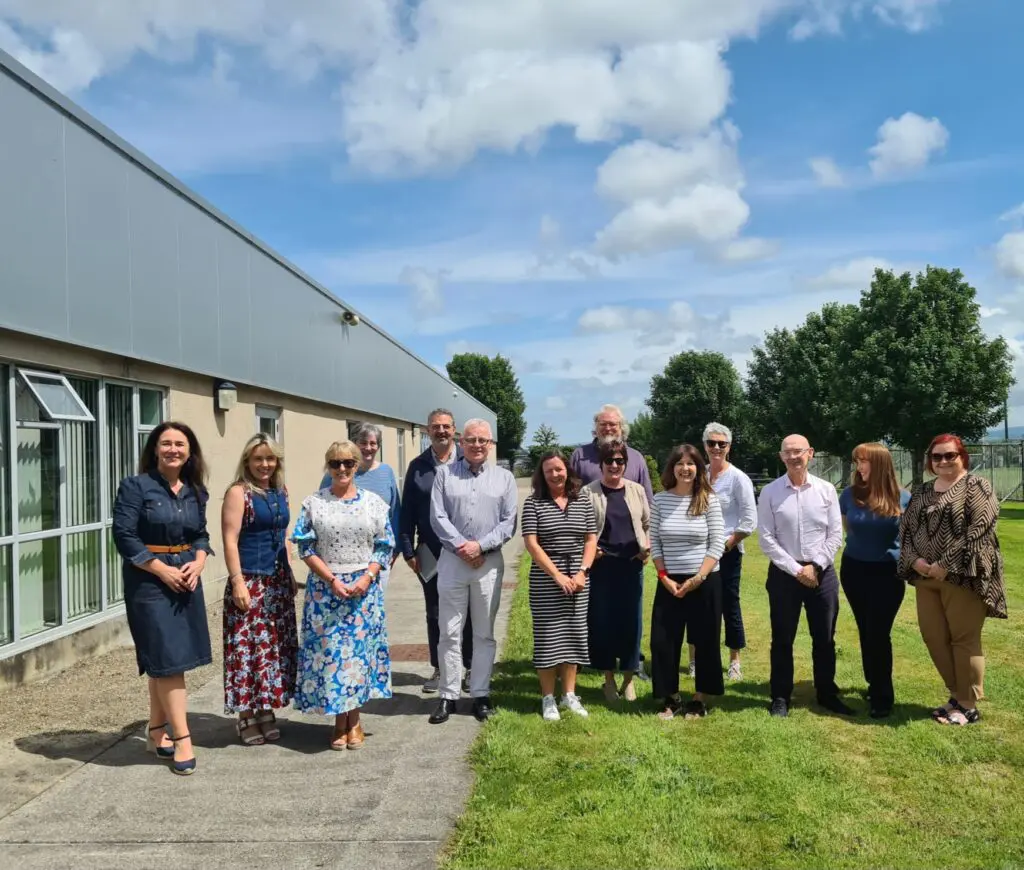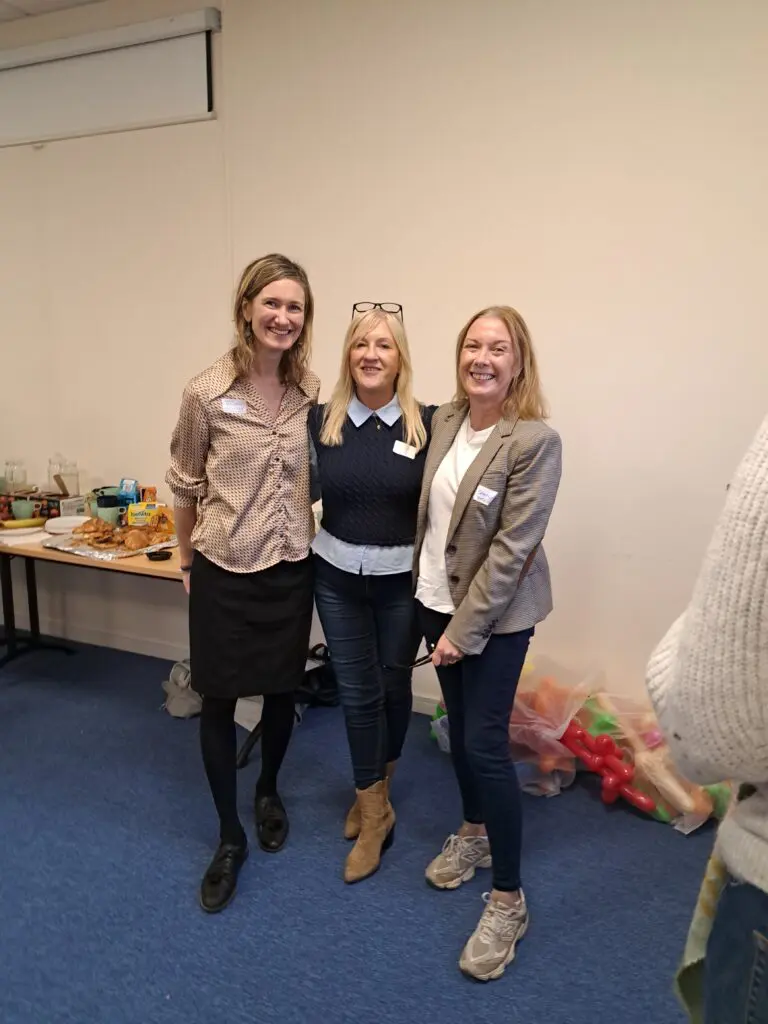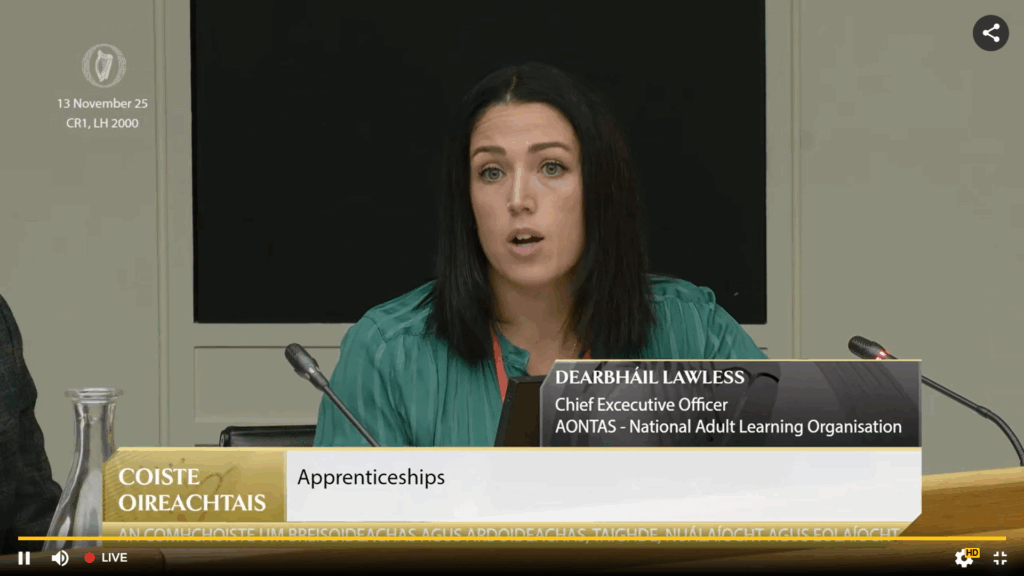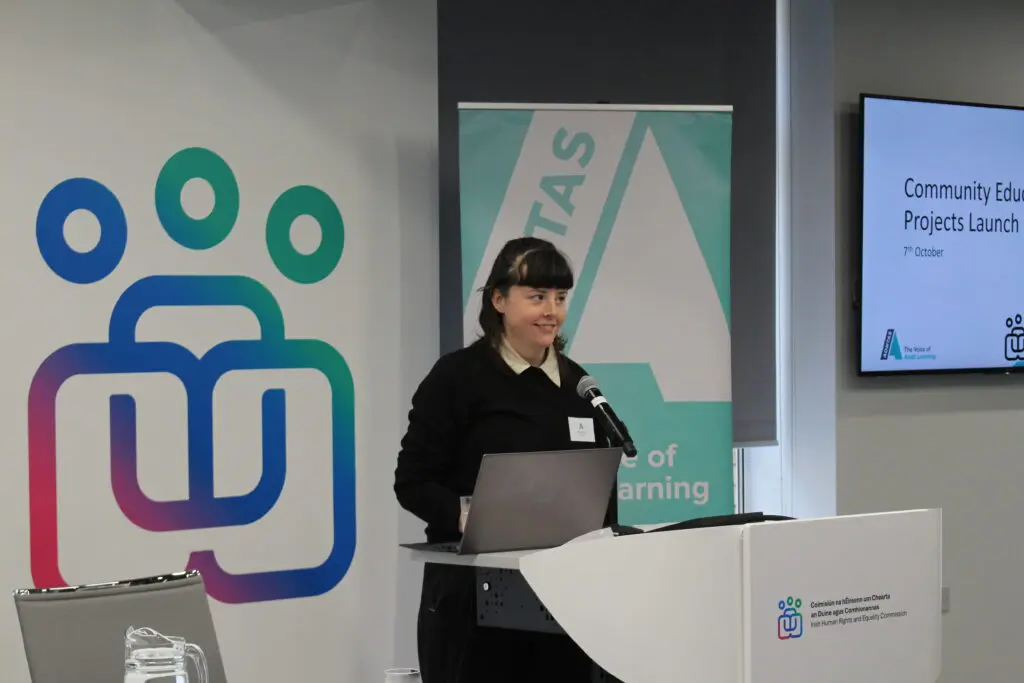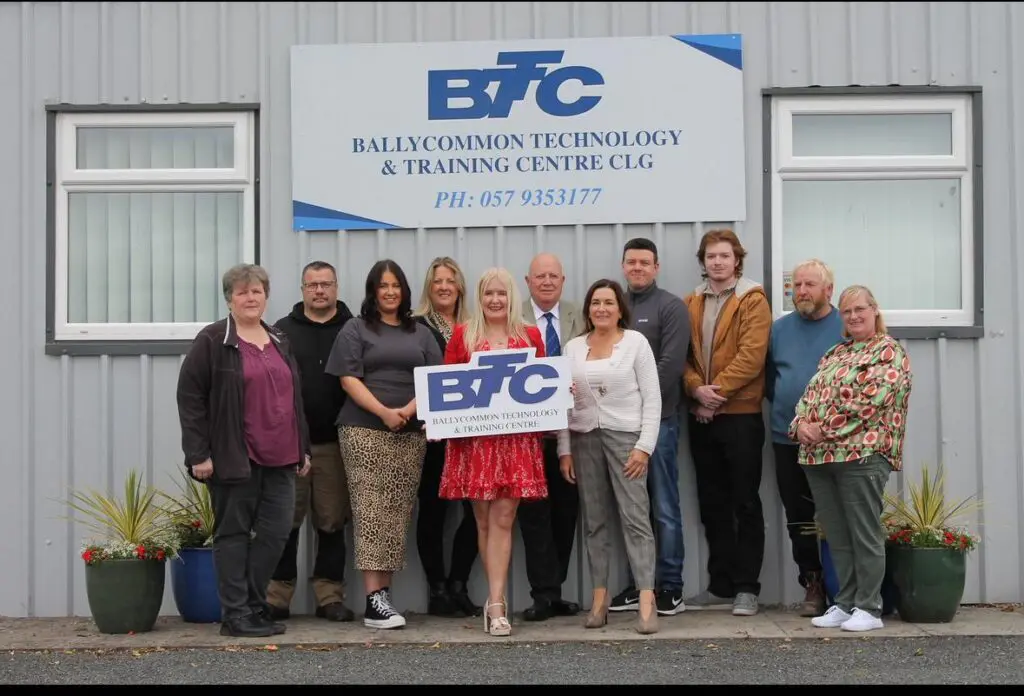For example, having access to childcare is a significant factor in whether lone parents can participate in education, and this cohort is shown to be 86% women and to experience disproportionate levels of material deprivation, meaning that they are less likely to have savings or a bank account (One Family, National Women’s Council).
Since 2016, AONTAS has been making recommendations for increased childcare supports for learners and prospective learners in Further Education and Training.
This continues to be vital for those calling for change on this issue in Ireland. For instance, in 2021, Early Childhood Ireland welcomed the publication of AONTAS’ National FET Learner Forum findings identifying a lack of childcare funding, options, and facilities as detrimental to participation in FET. They welcomed in particular AONTAS’ recommendation for an increase in childcare supports and information for learners that need them most.
 Back in 2016, AONTAS’ National Adult Learner Forum Policy Report found that “the broader issue of availability of childcare was highlighted specifically in relation to FET. Learners noted that childcare options, facilities and funding could be improved in order to support them to continue in FET,” and that “there was a general lack of information and awareness towards childcare options that may be currently available including onsite childcare facilities.”
Back in 2016, AONTAS’ National Adult Learner Forum Policy Report found that “the broader issue of availability of childcare was highlighted specifically in relation to FET. Learners noted that childcare options, facilities and funding could be improved in order to support them to continue in FET,” and that “there was a general lack of information and awareness towards childcare options that may be currently available including onsite childcare facilities.”
Our 2017 National Adult Learner Forum Policy Report further documented the issue of childcare availability as a problem for FET learners. This mirrored findings by SOLAS, published in their 2017 report, Barriers to Further Education and Training with Particular Reference to Long Term Unemployed Persons and Other Vulnerable Individuals. In this report, SOLAS identified “associated childcare costs or availability of childcare when undertaking a course” as a practical barrier to participation in Further Education and Training.
Our 2018 Annual Synthesis Report suggested that barriers to FET for parents could be reduced by “increasing childcare supports and increasing more flexible course options” and, in 2019, our Annual Synthesis Report again reflected learners’ need for access to on-site childcare facilities. Learners expressed frustration at the lack of childcare availability and the scarcity of options, with one learner remarking:
“There is Pobal funding for some crèches, but it’s for the whole area so you may not get your children into them. And then your class starts at 9:30 and you’re not funded until 9:25 so you have five minutes to drop them off and get to your course and you’re not allowed to be late.”
Since the COVID-19 pandemic, the difficulties with childcare experienced by parents trying to access FET have been exacerbated. Our research in the academic year 2020-2021, for example, reflected the difficulties experienced by parents learning from home while their children were also at home, with no access to childcare. One learner shared: “It was difficult to do coursework while caring for a school-aged and preschool-aged child during lockdown and I worry that I am very far behind.”
 The difficulties experienced by FET learners in trying to access childcare are shared by parents attempting to access Higher Education. A 2017 report commissioned by the Department of Further and Higher Education, Research, Innovation, and Science looked at the barriers to accessing Higher Education experienced by lone parents in Ireland. The research, conducted by Delma Byrne and Clíona Murray of Maynooth University, found that “there are clear inconsistencies relating to access to childcare support and rental and housing allowances for lone parents in education/training across the National Qualifications Framework (NQF). These inconsistencies are likely to have created a barrier for lone parents who are trying to access the pathway between FE to HE [Higher Education].”
The difficulties experienced by FET learners in trying to access childcare are shared by parents attempting to access Higher Education. A 2017 report commissioned by the Department of Further and Higher Education, Research, Innovation, and Science looked at the barriers to accessing Higher Education experienced by lone parents in Ireland. The research, conducted by Delma Byrne and Clíona Murray of Maynooth University, found that “there are clear inconsistencies relating to access to childcare support and rental and housing allowances for lone parents in education/training across the National Qualifications Framework (NQF). These inconsistencies are likely to have created a barrier for lone parents who are trying to access the pathway between FE to HE [Higher Education].”
In 2018, One Family noted that the challenges for parents in accessing affordable, high-quality childcare for their children are “well documented,” and recommended that “the provision of affordable, accessible and quality childcare, including early years and out-of-school care” be a “pre-requisite for lone parents’ ability to engage with work or education.” The growing evidence base of extensive research from the National FET Learner Forum supports this recommendation for accessible, quality childcare for those pursuing education in Ireland.
It is clear from the research findings of the National FET Learner Forum, through which thousands of learners have now been consulted and surveyed, that a lack of affordable access to childcare is a serious impediment to participation in FET for parents and those with childcare responsibilities. Expanding the provision of on-site childcare as well as funding for childcare would support an increase in lifelong learning participation rates in Ireland in line with the EU target of a 60% lifelong learning participation rate by 2030.
The National FET Learner Forum is a series of events taking place across Ireland, which facilitate adult learners to share their experiences of learning. This is the basis of our advocacy work and is used to ensure further education and training policy is responding to the needs of the learners themselves. This means change happens from the ground up. Click here to learn more about the Forum.
